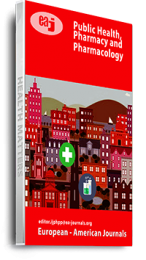Men’s health is globally in crisis and worsening due to limited healthcare policies, and under-developed societal awareness and education. Men frequently realize reproductive health services as being meant for females because of this they do not see a place for themselves in those services. Male menopause, or more accurately, testosterone deficiency syndrome (TDS) is one of the new issues which can affect the quality of life in older men. It is a natural phenomenon that occurs with age in men and is diagnosed by clinical manifestation and a decrease in serum testosterone levels; it affects the performance of many systems of the body from the head to toe. Moreover, age-related comorbid diseases such as diabetes, heart disease, renal disease, obesity, metabolic syndrome, and some medications such as glucocorticoids, cigarettes and alcohol also contribute to the decline in testosterone levels. There are numerous challenges faced by men in Africa during the climacteric period and they are accentuated by several intermediating factors which range from ignorance, to cultural taboos and even lack of adequate facilities to cater for their health needs. If these middle-aged men continue to experience the challenges of male menopause without effective coping strategies, their quality of life is at stake. This paper therefore stresses challenges of male menopause and recommends lifestyle changes, healthy emotion focused coping strategies and other relaxation techniques to improve the quality of life of elderly men experiencing male menopause.
Keywords: Challenges, Coping, Male, menopause

